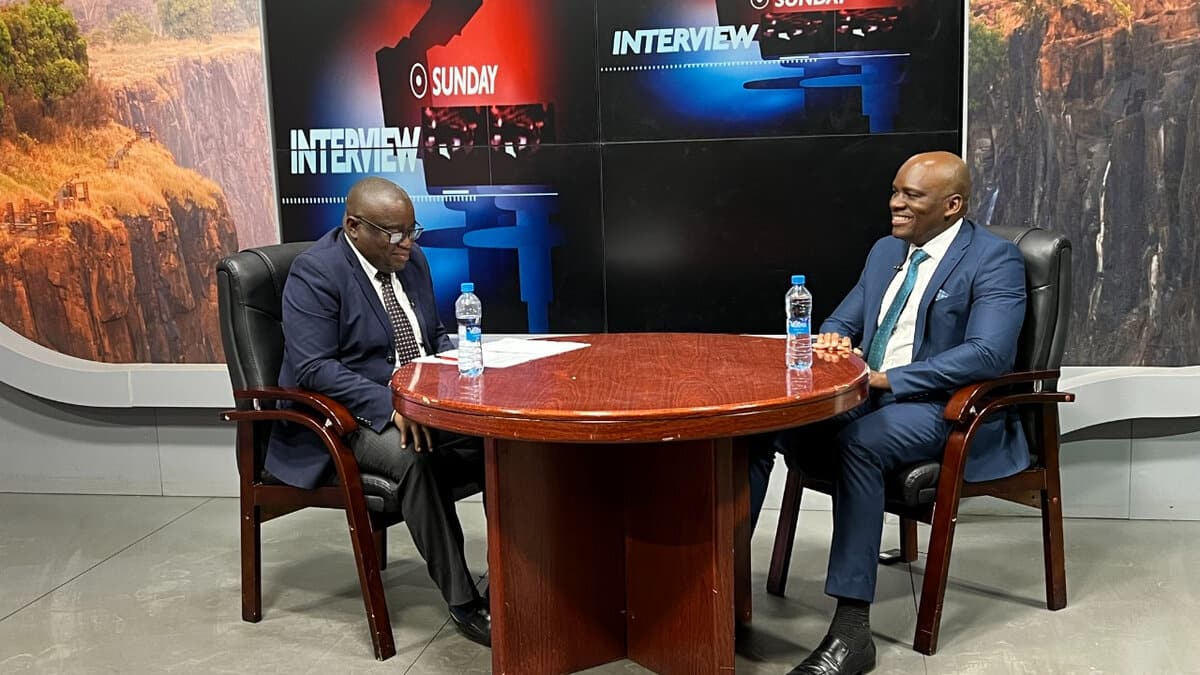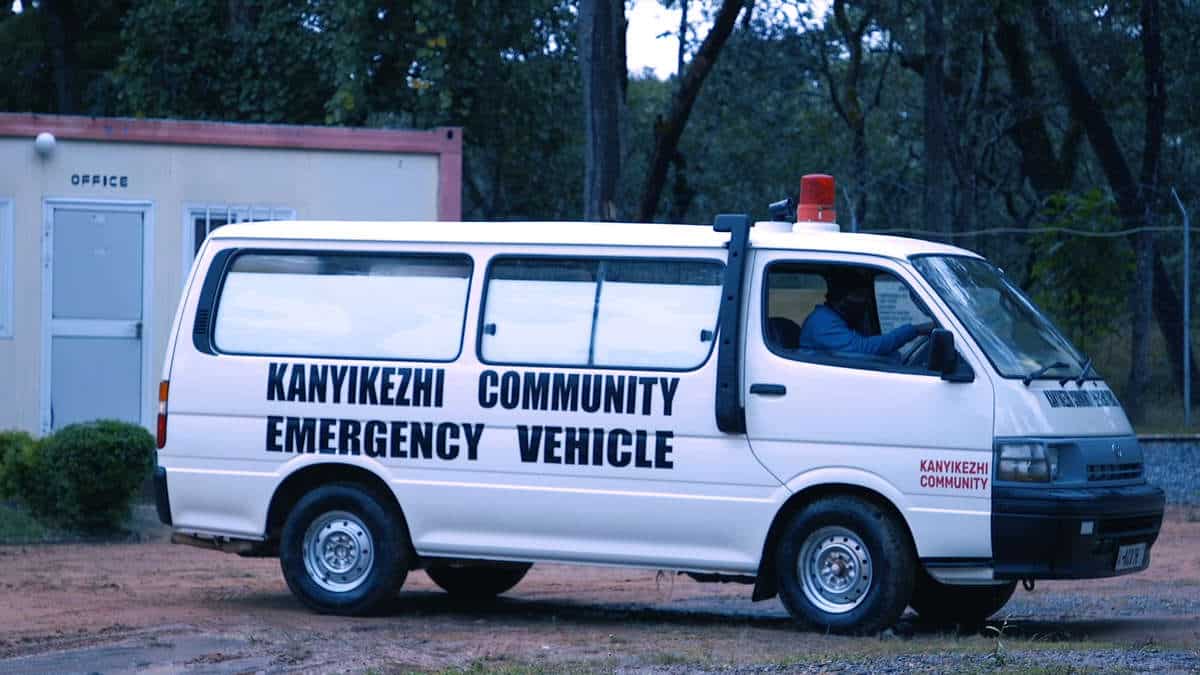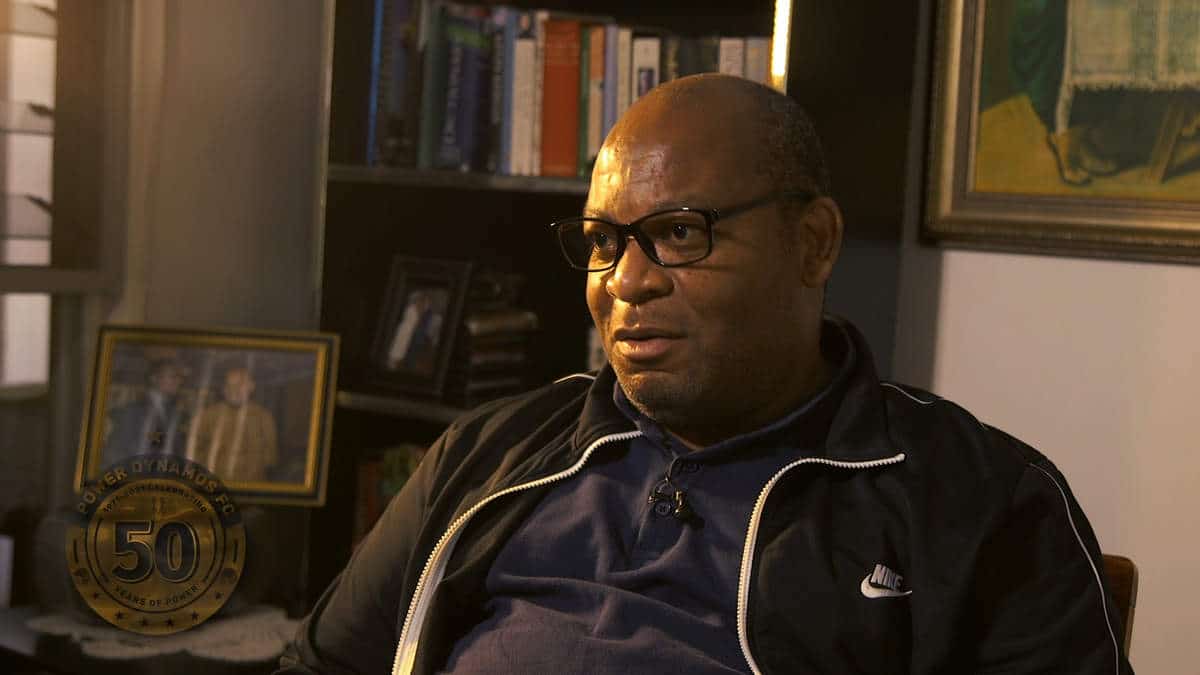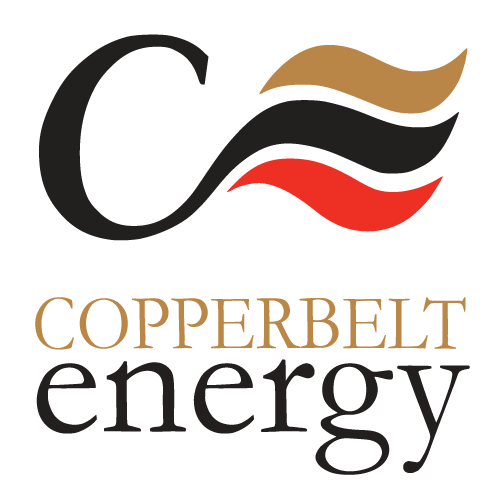During the financial year 2020, our business focused on three key areas. We experienced high levels of impairment due to the payment default by KCM, which triggered legal disputes and increased risks. However, we managed to reduce the level of impairment and improve our cash position through restructuring and load shifts.
Unfortunately, we have not yet concluded on two critical agreements, which increases uncertainty in the business environment. Additionally, we have not received VAT refunds from ZRA, leading to high levels of exchange losses relative to prior years.
Nonetheless, we managed to prepay USD20m to our lenders, thereby reducing our overall debt portfolio and maintaining an active balance sheet. Furthermore, we continued to pursue automation and cost management initiatives, leading to a drastic reduction in cash costs by about 21%.
Despite these challenges, we were still able to reward our shareholders with a distribution of USD34.1m at the end of the year. While our revenue decreased from USD408m to USD371m due to the KCM load shift, we managed to improve our gross profit, reduce our cash costs, and achieve a cash conversion ratio of 66%.
We posted an EBITDA of USD32m and generated wealth for our stakeholders, with local suppliers taking up 55% of the wealth and the government receiving close to 10%. We also ploughed back into our communities and contributed to the economy.
Overall, while we faced various risks and challenges in the financial year 2020, we remained focused on maintaining stakeholder satisfaction and managing our costs. We believe that our actions have resulted in a solid foundation for future growth and success.




